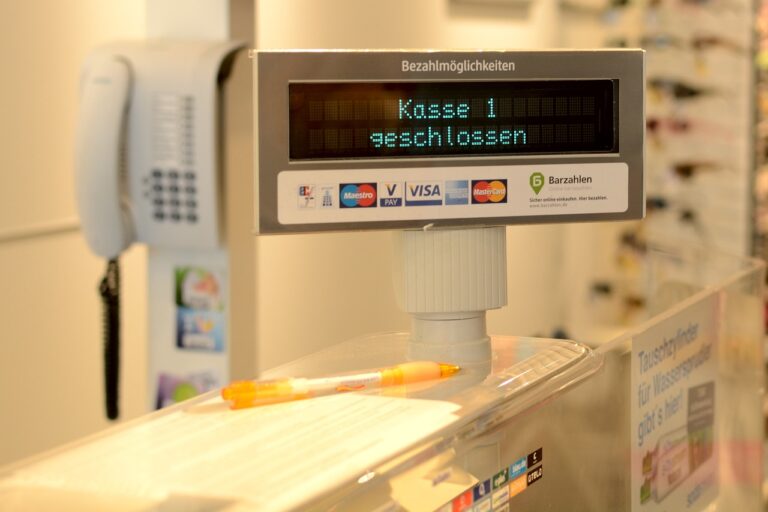How to Sell Car in Singapore: A Local’s Step-by-Step Guide
Selling a car in Singapore might seem overwhelming, especially with strict regulations, fluctuating COE prices, and an ever-changing second-hand market. Whether you’re upgrading your ride, moving abroad, or simply choosing to go car-free, understanding how to Sell Car in Singapore the right way is essential to getting a good deal. This guide walks you through the entire process—from evaluating your vehicle to completing the transaction—so you can sell with confidence and clarity.
Why Selling a Car in Singapore Is Different
Singapore’s car ownership system is unique. Unlike many other countries, cars are considered a depreciating asset here, due in large part to the Certificate of Entitlement (COE), high registration fees, and vehicle taxes. The car market is tightly regulated to manage the nation’s limited road space and environmental concerns.
Because of these factors, many people in Singapore choose to buy second-hand cars, creating a healthy resale market. However, this also means that as a seller, you must understand how these regulations affect pricing, demand, and timing.
When Is the Best Time to Sell?
Timing can significantly influence how much you can get for your vehicle. Generally, the best time to sell a car in Singapore is before the COE is about to expire. Cars with a few years left on their COE are more attractive to buyers since they won’t need to renew it immediately.
It’s also wise to monitor COE trends. When COE prices rise, used cars with existing COEs become more valuable. If you spot an upward trend, it may be a good time to list your car for sale.
Step-by-Step Guide to Selling Your Car
1. Determine the Value of Your Car
Before listing your car for sale, research its current market value. Use online tools, check listings of similar models, or visit car dealers for valuation. Be realistic—overpricing can scare away buyers, while underpricing means losing potential value.
Key factors that influence your car’s resale value include:
-
COE balance
-
Mileage
-
Service history
-
Accident records
-
Vehicle make and model
-
Overall condition
2. Prepare the Necessary Documents
Selling a car in Singapore involves several legal and financial documents. Make sure you have the following on hand:
-
NRIC or FIN
-
Original vehicle log card (also known as the registration certificate)
-
Proof of road tax and insurance coverage
-
Service history and maintenance records
-
Loan settlement letter (if your car is financed)
If you’re planning to sell the car to a direct buyer, having all documents ready can speed up the sale and build trust.
3. Get the Car Ready
Presentation is crucial. A clean and well-maintained car attracts more attention and better offers. Consider the following before taking photos or arranging viewings:
-
Wash and polish the car
-
Vacuum and clean the interior
-
Fix minor damages like dents, scratches, or broken lights
-
Replace worn-out tires or windshield wipers if necessary
You may also want to take the car for servicing so it runs smoothly when a buyer comes for a test drive.
Methods to Sell Car in Singapore
There are several options when it comes to selling your car. Each has its pros and cons, so it depends on how much time you have and what price you’re aiming for.
1. Private Sale
Selling directly to another individual can earn you the highest return, but it requires more effort on your part—handling inquiries, arranging viewings, and negotiating prices. You’ll also be responsible for managing all the paperwork.
2. Car Dealer Trade-In
If you’re buying another car, a dealer may offer you a trade-in value for your existing vehicle. While convenient, this usually results in a lower price than a private sale.
3. Car Consignment
With consignment, you keep the car, and an agent helps you sell it. They list your car, arrange viewings, and handle negotiations for a fee or commission. This is a good middle ground between doing it yourself and trading in.
4. Scrap or Export
Older vehicles or those nearing the end of their COE may not attract buyers. In that case, you can sell the car for scrap or export. You may still recover some value through the PARF or COE rebates.
What is PARF and COE Rebate?
If your car is less than 10 years old, you may be eligible for a PARF rebate when you deregister it. If your COE was renewed, you could receive a prorated COE rebate depending on how many months are left.
Understanding these rebates is important because they directly impact the value of your vehicle when selling, especially if you’re opting for scrapping or exporting.
Avoid These Common Mistakes
Selling a car isn’t just about finding a buyer. Many car owners make mistakes that cost them time, money, or both. Here are some to avoid:
-
Not checking for outstanding loans: Always ensure that your car loan is fully settled before finalizing the sale.
-
Setting an unrealistic price: High prices turn away buyers. Do your research and be flexible.
-
Incomplete documentation: Missing paperwork can delay or even cancel a sale.
-
Ignoring minor repairs: Small issues can be deal-breakers for potential buyers.
-
Rushing the process: Desperation leads to poor decisions. Take your time and wait for the right buyer.
Should You Use a Car Selling Platform?
To sell car in Singapore with less hassle, many people turn to professional platforms that simplify the process. These services often include:
-
Free vehicle valuation
-
Dealer bidding systems
-
Assistance with paperwork
-
Inspection and test drive arrangements
-
Fast offers and secure transactions
If you’re busy or unfamiliar with the process, using a car selling platform can offer peace of mind and save you valuable time while still getting a fair deal.
Final Thoughts
If you want to sell car in Singapore, preparation, timing, and market knowledge are key. Whether you’re selling privately, through a dealer, or using a consignment agent, understanding your options and taking the right steps can make a big difference in how much you walk away with.
Singapore’s car market may be complex, but with the right guidance, it’s entirely possible to navigate it successfully. Keep your documents ready, maintain your car well, and choose the selling method that best fits your goals.
Selling a car isn’t just a transaction—it’s a process. But when done right, it’s one that can benefit both your wallet and peace of mind.







